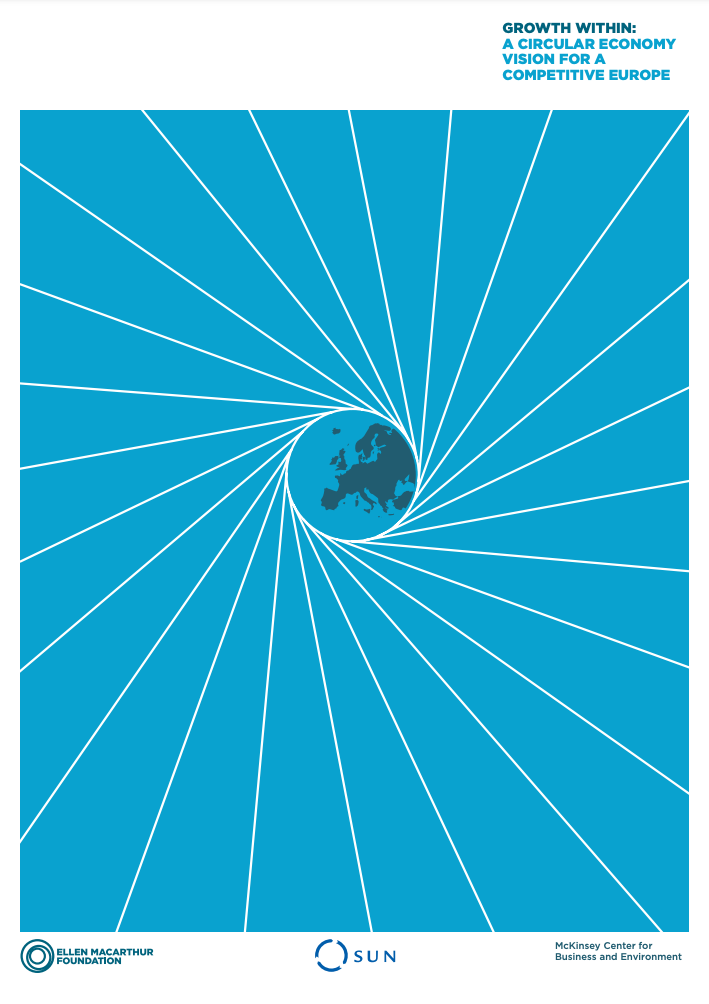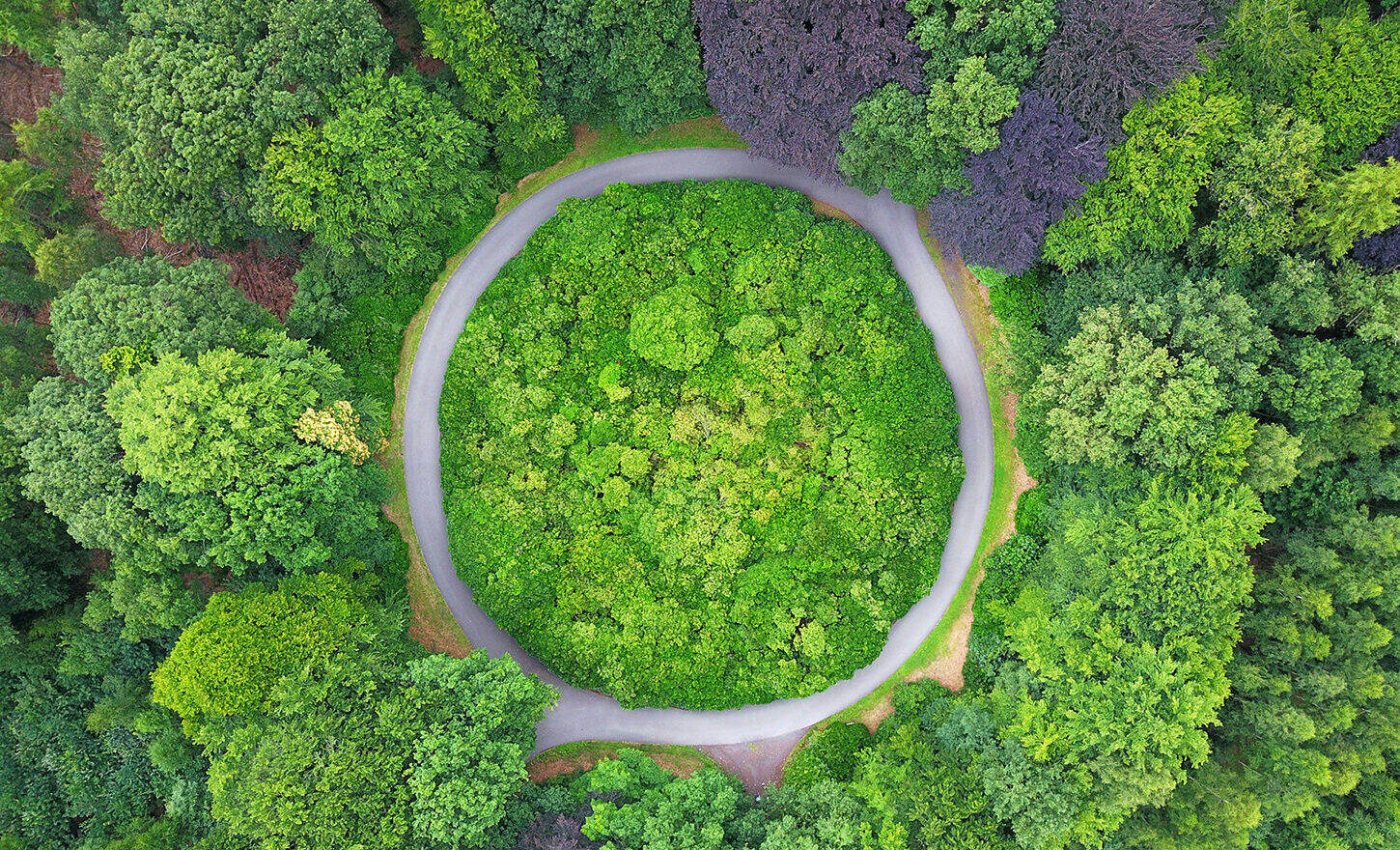ISCC Envisions a Circular Economy and Bioeconomy
The Status Quo
Plastic is everywhere. With the start of mass production in the 1950s, plastic has become an indispensable part of everyday life. As a cost-efficient material, plastic is not only used for various household and medical applications, the construction and automotive industries but is also the preferred choice for packaging. Unfortunately, there is no globally standardised approach to handling plastic waste properly. Combined with the durability, which gives plastic its value in the first place, the lack of waste management has led to severe environmental pollution. Most plastics don´t degrade, but break down into smaller particles and become microplastics. The long-term impact on the oceans, wildlife and ultimately humans is beyond imagination. In the past, recycling rates for major chemical and plastic products have been very low. Most of the plastic that has ever been produced still exists. Only 9% of all mass-produced plastics ever manufactured have been recycled by 2015 (Geyer, R. et al; 2017), inter alia due to the limitations of collection systems and mechanical recycling.
The Circular Economy
Instead of banning plastic from modern society, the circular economy takes a more holistic approach to the plastic waste problem. The idea of a circular economy is based on the concept: Reduce, Reuse, Recycle.
In a circular economy, no plastic ends up in the environment. In addition, the use of plastics is decoupled from the consumption of finite resources. Improved technologies and applications can stimulate demand for collection and recycling. Renewable feedstocks from responsibly managed sources replace fossil components.
The Ellen MacArthur Foundation
To combat the ecological impact of plastic production and consumption and to accelerate the transition to a circular economy, the Ellen MacArthur Foundation was launched in 2010. The foundation brings together decision-makers across business, government and academia and acts as a global thought leader for the circular economy. The foundation’s Circular Economy 100 (CE100) Network provides a pre-competitive space for businesses and stakeholders to learn, share knowledge, and build new collaborative approaches.
The study Growth within: a circular economy vision for a competitive Europe (2015) conducted by McKinsey and the EllenMacArthur Foundation states that a wave of new business models and circular solutions could reduce CO2 emissions as much as 48% by 2030. In addition, a circular economy would reduce annual costs (for the sectors: mobility, food and built environment) by 0.9 trillion € in 2030, due to improved resource productivity.
Implementing a circular economy is a fundamental step towards achieving climate targets. Only if we think beyond the ‘take-make-waste’ linear economy, we will be able to tackle climate change and manage resources for the long-term.
The Bioeconomy Within the Circular Economy
Bio-based Alternatives to Fossil Components
In a circular economy, new raw materials are renewable and come from responsibly managed sources. Bio-based materials reduce the dependency on limited fossil resources and are able to lower greenhouse gas emissions. Corn, sugarcane, vegetable oils or other plant materials, as well as second-generation biomass (e.g. bio-based wastes or crop residues) or third-generation biomass (e.g. seaweed, algae), can be used as feedstocks in the production process.
ISCC PLUS Certification for Circular and Bio-Based Approaches
When it comes to building trust in innovative approaches and credible communications, third-party certification is a proven tool to verify compliance with sustainability and traceability requirements.
ISCC PLUS is a standard well-recognised by all stakeholders for recycled and bio-based materials. ISCC PLUS certification provides traceability along the supply chain and verifies that companies meet environmental and social standards. For companies using the mass balance approach, ISCC PLUS certification verifies that the mass balance accounting follows predefined and transparent rules. The same applies, of course, when using the chain of custody options “Physical Segregation” and “Controlled Blending”.





